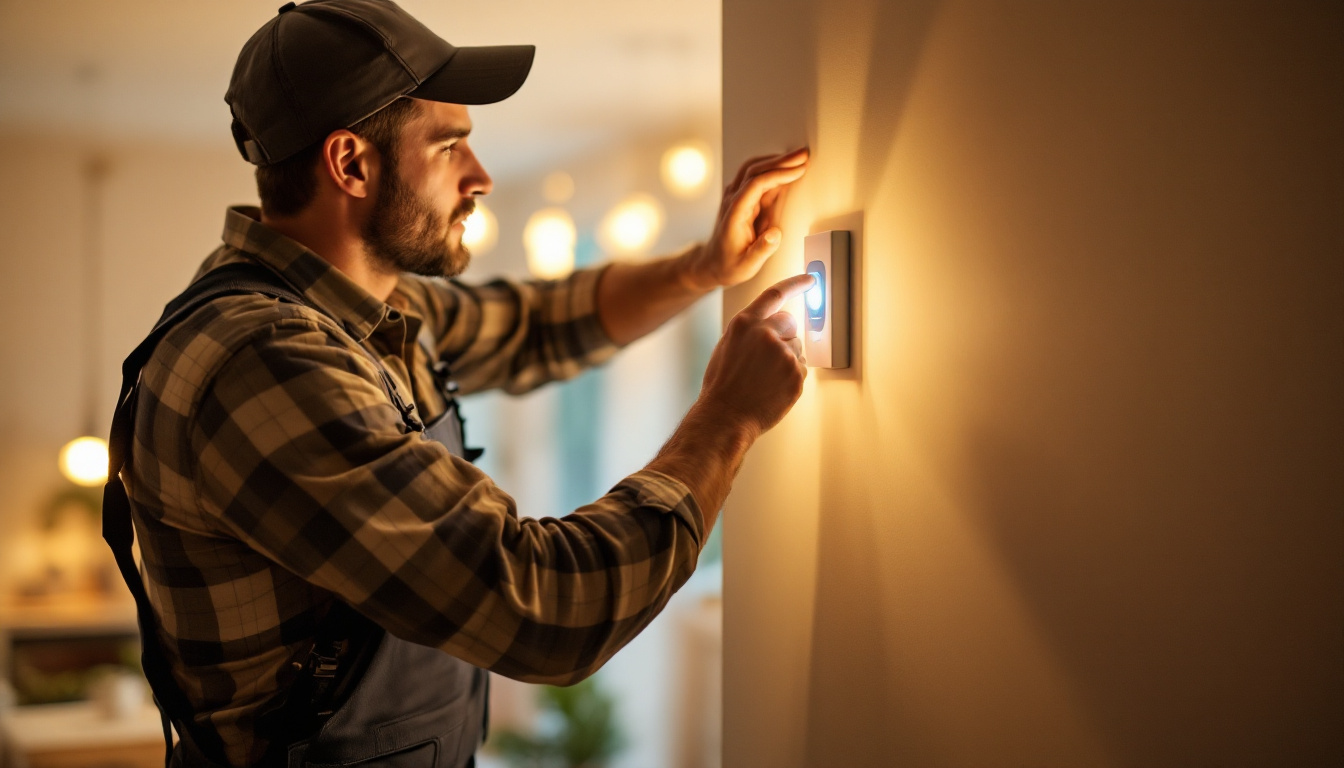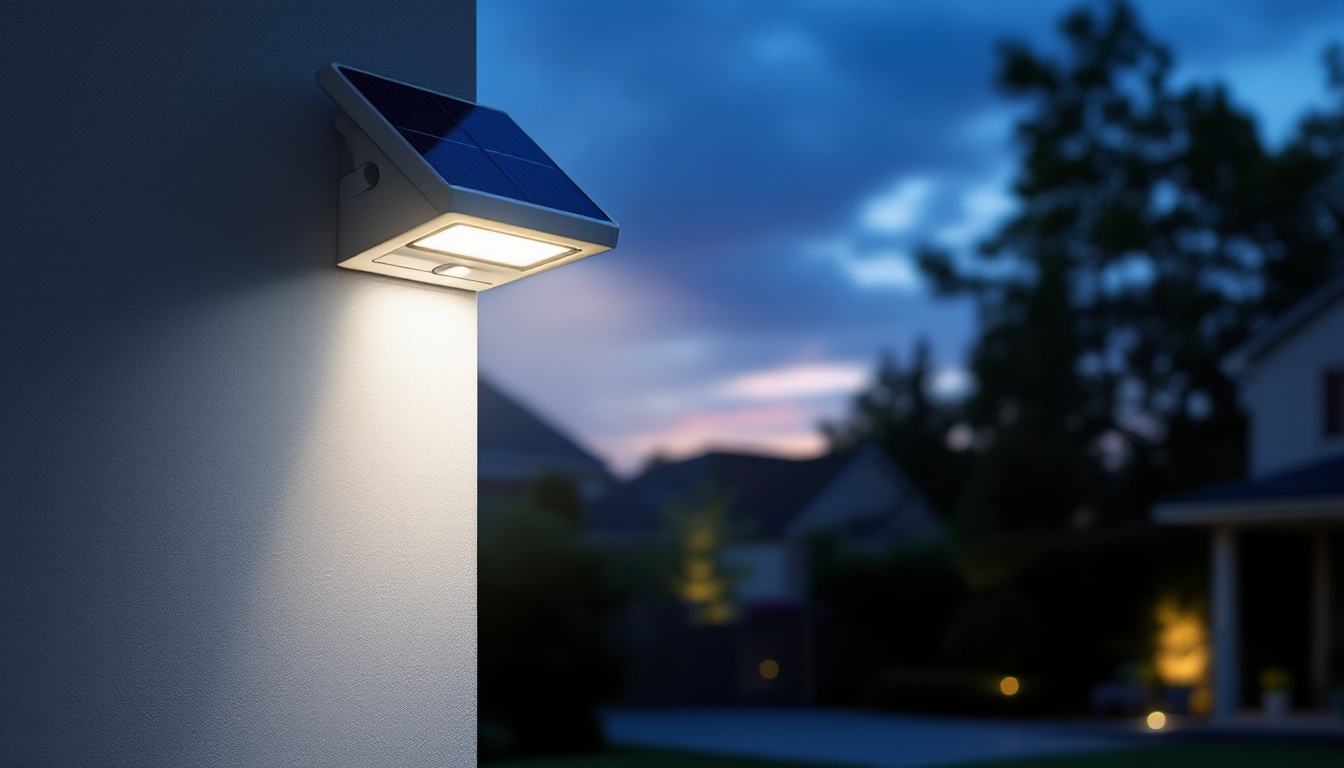
Lighting plays a crucial role in any space, enhancing both aesthetics and functionality. However, even seasoned lighting contractors can make missteps when it comes to light accessories. Understanding these common mistakes can help contractors refine their approach, ensuring that their projects shine brightly and meet client expectations. This article delves into the frequent pitfalls in the industry and offers insights on how to avoid them.
One of the most significant mistakes lighting contractors make is underestimating the importance of quality in light accessories. While it may be tempting to cut costs by opting for cheaper accessories, this often leads to long-term issues that can tarnish a contractor’s reputation.
High-quality accessories not only enhance the overall appearance of a lighting installation but also improve functionality. For instance, using subpar dimmers or switches can lead to flickering lights or even electrical issues, creating frustration for clients. Investing in quality components ensures that the lighting system operates smoothly and lasts longer, ultimately saving time and money in the long run. Furthermore, high-quality accessories often come with better warranties and customer support, providing peace of mind for both the contractor and the client. This reliability can be a significant selling point, especially in competitive markets where reputation and trust are paramount.
Another common error is selecting accessories that are not compatible with the lighting fixtures or the intended use of the space. For example, using a decorative lamp shade with a high-wattage bulb can result in overheating, while a dimmer switch not rated for the type of bulb can cause performance issues.
Contractors should always consider the specifications of both the light fixtures and the accessories being used. This includes checking wattage limits, compatibility with LED or incandescent bulbs, and ensuring that the accessories can handle the electrical load without risk of failure. Additionally, understanding the unique needs of the space—such as whether it requires adjustable lighting for versatility or specific color temperatures for ambiance—can further guide the selection process. By taking these factors into account, contractors can avoid costly mistakes and ensure a seamless integration of lighting components.
Aesthetics play a vital role in lighting design. Contractors often focus solely on functionality, neglecting how accessories contribute to the overall visual appeal of a space. For instance, mismatched finishes or styles can disrupt the harmony of a room.
When selecting light accessories, it’s essential to consider the design theme of the space. Whether it’s modern, traditional, or eclectic, the accessories should complement the overall decor. This attention to detail can elevate the project and leave a lasting impression on clients. Moreover, the choice of materials—be it metal, glass, or fabric—can significantly influence the mood and character of the environment. For example, a sleek metal finish might enhance a contemporary setting, while a warm, textured fabric could add coziness to a rustic space. By thoughtfully curating the aesthetic elements, contractors can create a cohesive and inviting atmosphere that resonates with the client’s vision and enhances their experience within the space.
In an era where energy efficiency is paramount, contractors sometimes overlook the energy consumption of light accessories. This oversight can lead to higher utility bills for clients and may even contradict their sustainability goals. With the increasing awareness of climate change and the need for sustainable practices, it is vital for contractors to integrate energy efficiency into every aspect of their projects, including the accessories they recommend.
When choosing accessories, it’s crucial to prioritize energy-efficient options. This includes selecting LED-compatible dimmers, motion sensors, and smart controls that can help reduce energy consumption. Educating clients on the benefits of energy-efficient accessories not only enhances their satisfaction but also positions the contractor as a knowledgeable professional in the field. Furthermore, by highlighting the long-term savings associated with energy-efficient products, contractors can help clients understand the return on investment, making these choices more appealing. The shift towards energy-efficient lighting not only benefits the environment but can also significantly enhance the aesthetic and functional aspects of a space, creating a win-win scenario for both contractors and clients.
Clients often rely on contractors for guidance on the best accessories for their lighting systems. However, failing to provide comprehensive information can lead to poor decision-making. Contractors should take the time to explain the features and benefits of different accessories, helping clients make informed choices. This includes discussing how various options can impact energy consumption, ambiance, and even the longevity of the lighting system.
Providing detailed product specifications, installation instructions, and maintenance tips can empower clients and foster a sense of trust. This transparency not only enhances the client experience but also minimizes the likelihood of misunderstandings or dissatisfaction down the line. Additionally, offering insights into the latest trends and innovations in lighting technology can further engage clients, making them feel more involved in the decision-making process. By positioning themselves as trusted advisors, contractors can build lasting relationships that lead to repeat business and referrals.
Technology is constantly evolving, and lighting accessories are no exception. Contractors may make the mistake of installing accessories that are not easily upgradeable or compatible with future advancements. This can limit a client’s options down the line and may require costly replacements sooner than expected. As smart home technology becomes more prevalent, the integration of lighting systems with other home automation features is becoming increasingly important.
To avoid this pitfall, contractors should consider the potential for future upgrades when selecting accessories. Opting for modular or adaptable components can provide clients with flexibility and ensure that their lighting systems remain relevant as technology advances. Moreover, discussing the potential for integrating new technologies, such as voice-activated controls or energy monitoring systems, can excite clients about their investment. By planning for the future, contractors not only enhance the functionality of the lighting systems they install but also demonstrate a commitment to the long-term satisfaction of their clients, ensuring that their work stands the test of time.
Installation may seem straightforward, but many contractors underestimate the complexity involved, especially when it comes to light accessories. Poor installation can lead to malfunctions, safety hazards, and client dissatisfaction.
It’s essential for contractors to thoroughly understand the installation requirements of each accessory. This includes not only the physical installation but also ensuring that all electrical connections are secure and compliant with local codes. Taking the time to properly install accessories will enhance their performance and longevity.
In the fast-paced world of construction and renovation, there may be pressure to complete projects quickly. However, rushing the installation of light accessories can lead to mistakes that compromise quality and safety.
Contractors should allocate sufficient time for each installation, allowing for careful planning, execution, and testing. This attention to detail will pay off in the form of satisfied clients and fewer callbacks for repairs or adjustments.
Safety should always be a top priority in any lighting project. Unfortunately, some contractors may overlook essential safety standards when selecting or installing light accessories. This can lead to dangerous situations, such as electrical fires or shock hazards.
Contractors must stay informed about local electrical codes and safety regulations. This includes using accessories that are UL-listed or certified for safety and ensuring that all installations adhere to best practices. Prioritizing safety not only protects clients but also enhances the contractor’s credibility in the industry.
Every project is unique, and a one-size-fits-all approach to light accessories can lead to suboptimal results. Contractors often make the mistake of applying standard solutions without considering the specific needs of the space or the client’s preferences.
Taking the time to customize lighting solutions can significantly enhance the effectiveness of the installation. This may involve selecting accessories that cater to the specific lighting needs of a room, such as task lighting for a kitchen or ambient lighting for a living area. Engaging with clients to understand their preferences and requirements will lead to more satisfying outcomes.
Client feedback is a valuable resource for contractors. However, some may overlook or dismiss this input, leading to missed opportunities for improvement. Actively seeking and incorporating client feedback can help refine accessory choices and installation methods.
Establishing open lines of communication with clients throughout the project can foster collaboration and ensure that their needs are met. This approach not only enhances client satisfaction but also builds a positive reputation for the contractor.
The lighting industry is continually evolving, with new trends and technologies emerging regularly. Contractors who fail to stay updated with these developments may miss out on opportunities to offer innovative solutions to their clients.
Regularly attending industry trade shows, workshops, and training sessions can help contractors stay informed about the latest accessories and technologies. This knowledge not only enhances their expertise but also positions them as leaders in the field, capable of providing clients with cutting-edge solutions.
Lighting contractors play a vital role in creating functional and aesthetically pleasing spaces. However, common mistakes regarding light accessories can hinder their success and impact client satisfaction. By prioritizing quality, energy efficiency, safety, and customization, contractors can elevate their work and ensure that their projects shine.
Awareness of these pitfalls and a commitment to continuous improvement will not only enhance the contractor’s reputation but also contribute to the overall success of their business. Ultimately, a focus on delivering exceptional lighting solutions will lead to satisfied clients and a thriving practice.
Don’t let common lighting accessory mistakes dim the success of your projects. Choose LumenWholesale for your lighting needs and benefit from our spec-grade products that promise both quality and value. Say goodbye to inflated markups and hello to a vast selection of reliable, high-performance lighting at wholesale prices. With free shipping on bulk orders, LumenWholesale is your go-to source for lighting that meets the highest industry standards. Elevate your lighting installations today and experience the best value in wholesale lighting with LumenWholesale.

Discover real-world success stories of LED lights for backlighting signs, highlighting benefits like energy efficiency and vibrant illumination.

Discover the essential checklist for lighting contractors when integrating light switch motion sensors.

Discover the insider tips and expert advice from lighting contractors on mastering solar flood lights with motion sensors.

Discover how T5 lamp fixtures can enhance your lighting projects and increase profitability.